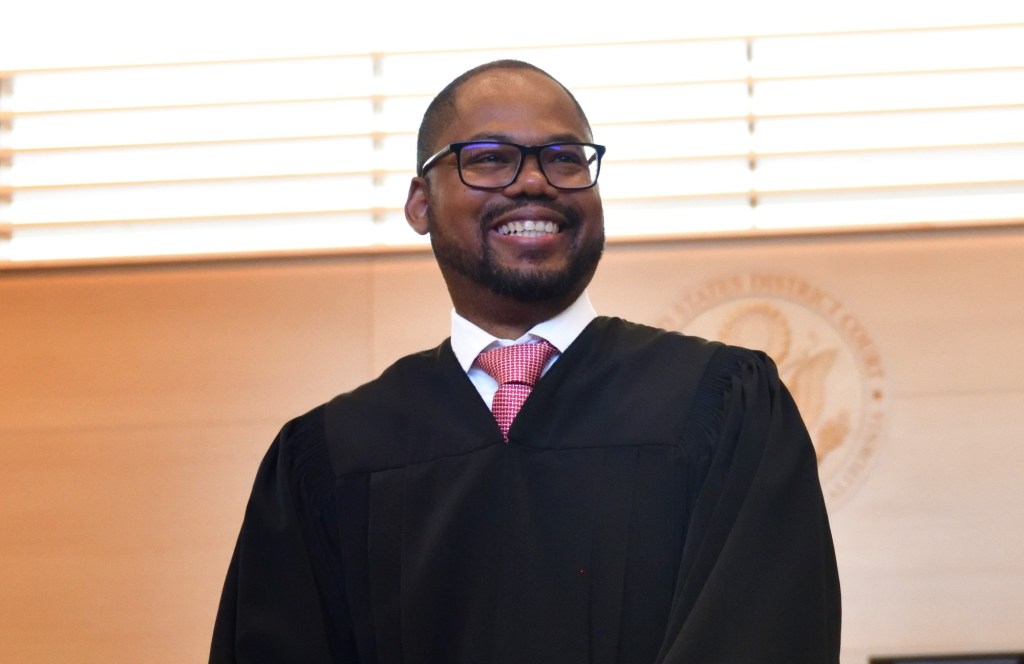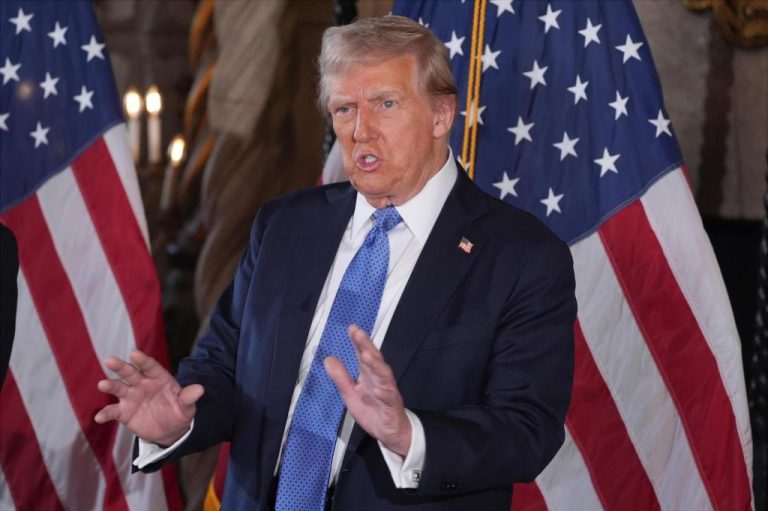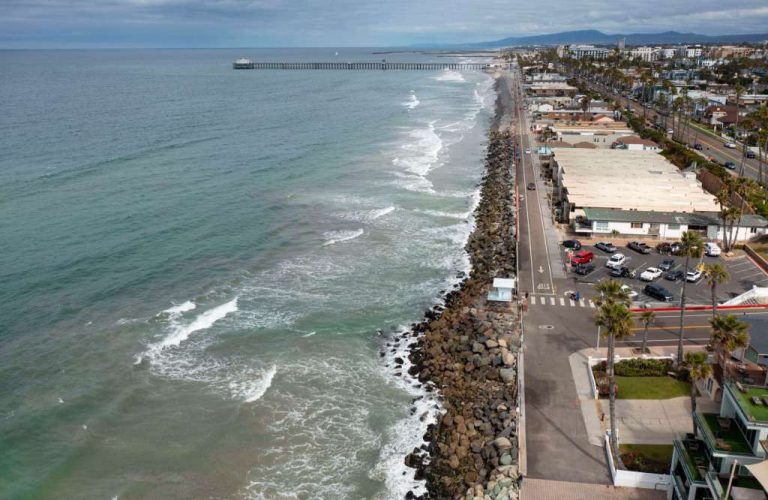

The Senate on Friday narrowly confirmed federal Magistrate Judge Benjamin Cheeks as a U.S. district judge in San Diego, with Democrats using potentially their last day as the majority party to secure his appointment.
Once Cheeks takes his oath for the life-tenure position, the former prosecutor and defense attorney will fill a seat that’s been vacant since District Judge Gonzalo Curiel went on senior status and took on a lighter caseload in September 2023.
“We are absolutely delighted to learn that … (Cheeks) will be joining our bench as a district judge,” Dana Sabraw, the chief district judge in the Southern District of California, said in a statement. “He was a skilled trial lawyer, and he brings a wealth of experience, having served for more than 21 years as a state and federal prosecutor, criminal defense attorney, and United States Magistrate Judge.”
Cheeks was nominated by President Joe Biden in October, just three months after he was sworn in as a magistrate judge, a position which does not require Senate confirmation. But within weeks of his nomination, he became something of a political pawn following Donald Trump’s election victory.
Despite a Republican-led Senate confirming 19 of Trump’s nominees during a lame-duck session after he lost the 2020 election, Trump urged the current Senate not to do the same for Biden. “No more judges confirmed before inauguration day!” Trump wrote in part on social media in November.
Senate Republicans initially promised to try to fulfill Trump’s wishes by stalling and preventing any more confirmations. But Senate Democrats and Republicans later reached a compromise to confirm at least 12 more district judges without Republican roadblocks in return for leaving vacant four openings on appellate courts that Trump can fill.
Appellate judges are viewed as more valuable politically since they sit on circuit courts that have the ability to overrule district court decisions.
Cheeks was not among the 12 nominees included in the compromise, but his confirmation process was far enough along that Senate Democrats were able to push it over the line with a 49-47 vote Friday, which was scheduled to be the last day before the Senate went on recess until January.
“It was a close vote, but I guess that’s expected,” said Carl Tobias, the Williams Chair in Law at the University of Richmond School of Law. Tobias said several Republican senators missed Friday’s vote, which helped ensure Cheeks’ confirmation.
The Senate also voted Friday to confirm Serena Murillo as a U.S. district judge in the Los Angeles area. She and Cheeks were the last of Biden’s judicial nominees to be confirmed.
Taking into account judges appointed to the Supreme Court, the appellate courts and district courts, Biden made 233 appointments during his term, just surpassing the 231 made by Trump during his first term, according to Tobias and U.S. Courts records.
Federal courts often have the final say on the legality of a president’s policies and the constitutionality of state and federal laws, and both Biden and Trump made judicial nominations a priority.
Biden also made diversifying the court a priority. Including his appointment of the first Black woman to the Supreme Court, Biden appointed 63 Black judges, including Cheeks, to the federal bench, a 70 percent increase over the previous single-term high of 37, according to The Leadership Conference on Civil and Human Rights.
Cheeks is Biden’s seventh appointee to the federal bench in the Southern District of California. Trump appointed one district judge in San Diego during his first term.
Cheeks was born in Georgia and is a 2000 graduate of the University of Miami who earned his law degree in 2003 from American University, Washington College of Law in Washington, D.C. He started his career as an assistant district attorney in Manhattan and later worked as a federal prosecutor in the U.S. Attorney’s Office in San Diego.
After three years there, Cheeks moved into defense work, where he was a solo practitioner who also represented plaintiffs in civil matters, including employment and civil rights cases.






